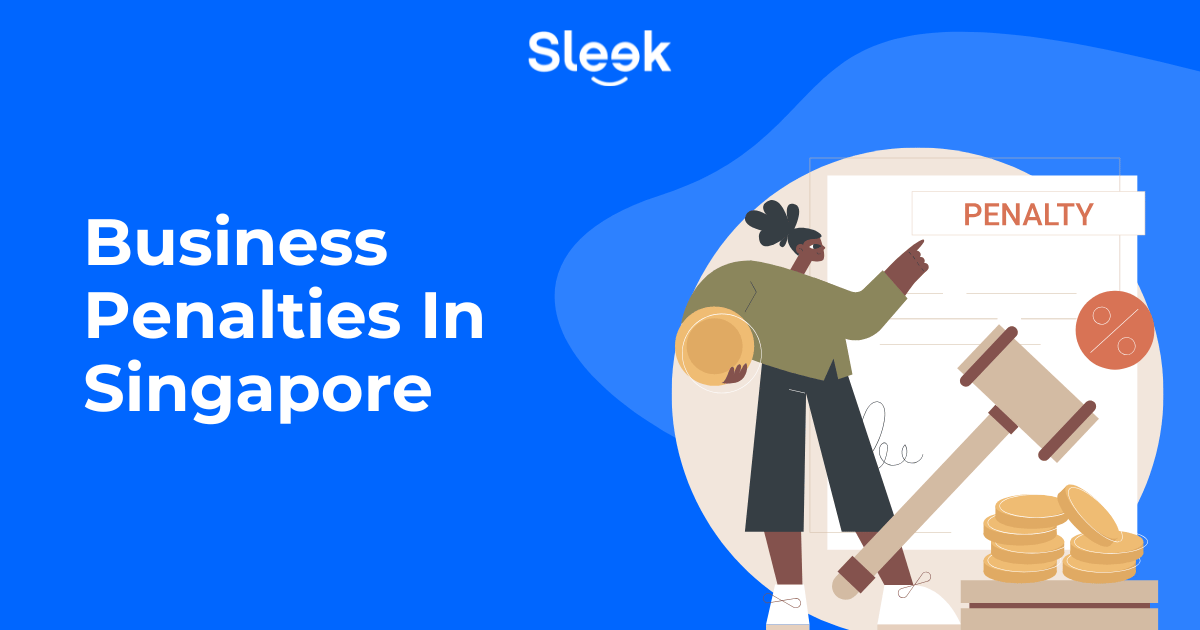The roles and rights of a shareholder in Singapore
3 minute read
Companies in Singapore treat their shareholders with utmost fairness and equity, allowing them to exercise their rights and enabling them to communicate their views on relevant matters that involve their respective companies. They provide shareholders a balanced, comprehensible, and complete assessment of the company’s position, performance, and prospects.
To be incorporated in Singapore, companies are required to have a minimum of $1 paid-up capital, one share, one shareholder, one local resident director, and a local registered address. The shares of a company in Singapore does not only designate company ownership, it also authorizes and appropriates the holder with rights, privileges, and responsibilities.
Regulations on shareholder rights and engagement in Singapore are governed both by statutory and non-statutory instruments as well as under common law. The Companies Act (CA) and the Securities and Futures Act (SFA) both comprise the core statutory framework and aptly supplemented by the Singapore Code of Corporate Governance 2012 (the Governance Code), the Listing Manual of the Singapore Exchange (the Listing Manual), and other non-statutory instruments.
Overview:
Shareholder roles and responsibilities
- Shareholders in Singapore may pay the full amount for their shares at the time they are subscribed. Alternatively, they may also pay a partial amount of the shares and subsequently pay up the remaining amount. However, please note that if the Company subsequently does a call for payment of unpaid shares, these unpaid shares will have to be paid.
- One of the key roles and responsibilities of shareholders is to attend and participate in Annual General Meetings (AGM) and Extraordinary General Meetings (EGM) of the company. It is during these general meetings that companies seek shareholders’ approval on matters that affect the company. This is also the right forum for shareholders to voice their opinions regarding relevant issues involving the management of the company to the directors. (subject to the company’s Constitution, the shareholders may not need to attend these meetings physically and resolutions can be passed by a majority of shareholders)
- Having a direct line of communication with the company’s board of directors, shareholders in Singapore companies are tasked to voice their opinions and interests regarding company matters to the company secretary since they are not able to participate in the day-to-day management of the company.
Shareholder rights
- Right to vote: Subject to the company’s Constitution, a shareholder is generally entitled to voting rights in accordance with the number and type of shares held in the company. They can exercise this right to vote when resolutions have to be passed at a general meeting such as removal of a Director, authorisation to issue shares, appointment of auditors and more.
- Rights to dividends: The company directors have the right to recommend the payment of a dividend of a fixed amount. However, payment of final dividends require shareholders’ approval at a general meeting. The amount of dividends received by each shareholder will be subjected to the company’s Constitution and the number and type of shares held by each of them.
- Right to be treated fairly: Shareholders can seek remedy from the Singaporean government in the event that the director’s actions are oppressive or in disregard of the interests of any of the shareholders or the act of the company, directors, or other shareholders is prejudicial or unfairly discriminates one or more shareholders.
- Right to call and attend meetings: In accordance with Section 177(1) and Section 180(1) of the Companies Act, two or more members holding not less than 10% of the total number of issued shares of the company (excluding treasury shares) or, if the company does not have a share capital, not less than 5% in number of the members of the company or such lesser number as is provided by the constitution may call a meeting of the company. Every member has a right to attend any general meeting of the company and to speak on any resolution before the meeting.
- Right to assets on winding up of company: In the event that the company is wound up, any monies remaining after all debts, expenses and costs have been paid off are distributed amongst the shareholders of the company.
KYC requirements
Each director and individual shareholder will need to upload a copy of their passport and proof of registered address (utility bill, bank statement), which is no more than 3 months old and translated into English.
In the case of a corporate shareholder, such as EF, we will require the following:
- Business Profile / Certificate of Incumbency of the corporate shareholder reflecting the list of Directors and Shareholders; and
- Group structure chart (indicating the shareholding of the corporate shareholder)
- Passport copies and address proof of individuals who hold 25% and above or controlling the corporation (ultimate beneficial owner).
- Passport copies and address proof of the corporate representative (who will be signing documents on behalf of the corporate shareholder) and a confirmation email/letter from the corporate shareholder confirming that the appointed person is the authorised representative of the company.
What now?
Well it’s simple! If you have any questions about getting your business started, get them all answered by having a free consultation call with our experts.
You might be interested in reading about:









